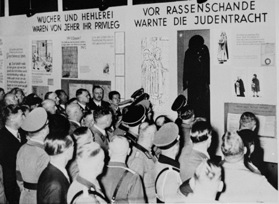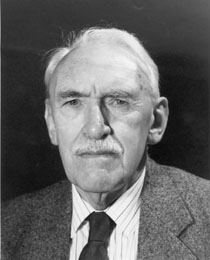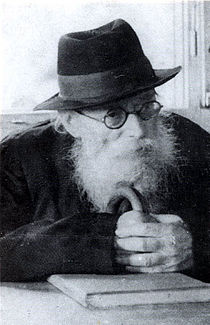
Barbara Tuchman, in her book, A Distant Mirror, has an excellent chapter about the difficulties of the Church during the “calamitous” Middle Ages. In short, the core problem was that the Church set up ideals that had no relationship with reality.
For example, the Church said celibacy was an ideal. The higher person needs no sexual life whatsoever, it claimed. It was very hard to sell that, especially to the medieval world, which was much more filled with licentiousness than many people realize.
The Church was always on the side of peace. The ideal is to “turn the other cheek” and “the meek shall inherit the face of the Earth.” Yet, the Pope had the largest standing army in Europe. The Church rarely, if ever, turned the other cheek. (It was your cheek that had to turn, not theirs.)
This disparity between the ideal and the real was not lost upon the populace. In it lay the seeds of the eventual destruction of the Church.
One of the unrealistic ideals had a direct impact upon the Jews: a strict ban against taking interest. In a purely agrarian economic system it is conceivable to exist without charging interest. However, once Europe discovered that money could be printed it changed the economy of Europe forever, and it was no longer possible to run a sophisticated commercial system without interest.
It was Marco Polo who brought the idea of paper money back from the Far East to Europe. Indeed, paper money is one of the greatest discoveries in the history of civilization. Until then, one had to carry his money around with him — and there was a limit how much one could carry. There were only so many cows and sheep, gold and silver, one could bring with him to the market. However, when paper was used to represent wealth it was literally a life-changing invention. It was nothing less than the turning point of the economic system of the Western world.
A businessman once described economics as follows: There is one box that gets shipped around the world, one person selling it and another buying it. Then the buyer ships it to the next location and becomes a seller, making a profit. If anyone stops the box and opens it the business is finished. You have to keep it moving.
To a certain extent that describes modern economics. The perception of value is every bit as important – even more important – than the actuality. It is what keeps the box moving.
Moving the box creates buyers and sellers — and buyers rely on borrowing money. In a system that forbids lending on interest the box does not move.
And the Catholic Church forbade usury. Without the ability to lend with interest there would be no trade, no merchandise, no commerce.
That was where the Jew came in and solved the problem for Christian Europe. Both the Church and the nobleman needed an intermediary. Since the Jew was going straight to Hell anyway, according to Church doctrine, why not use him while he was on this Earth.
Consequently, the nobleman lent money to the Jew at 25% interest and the Jew in turn lent it to the merchants or common people at 33-40% interests, which were normal rates in the Middle Ages.
It was a catch-22, however. The non-Jews forced the Jews into being the middlemen in usurious contracts, but since it was against the law the Jews could always be prosecuted for doing so. Inevitably, there would be kings who spent more than they could get and who were always borrowing. They also needed Jews to borrow from. When the time came to call a moratorium on one’s debts, and one did not have the money, an easy solution was to kick the Jews out or kill them.
That happened with regularity. Spain was the place where this pattern first took form.










